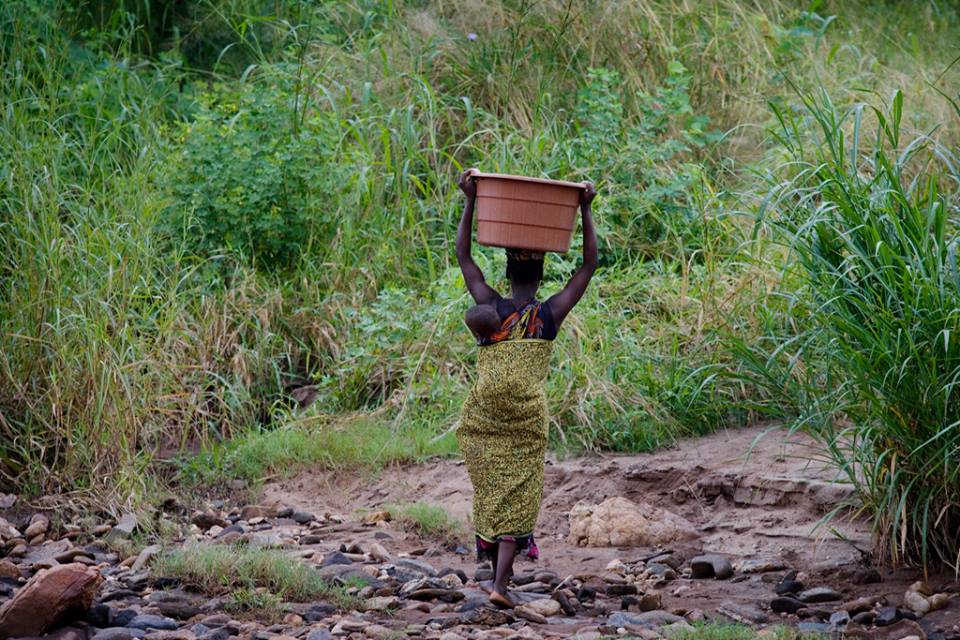Healthstyles: Preventing Deaths of Women and Children
When a woman dies, the likelihood of her children dying within two years of her death will increase 10-fold. And women around the world are dying at an unacceptable rate: a woman dies every two minutes to pregnancy-related causes alone.
Jhpiego is an international, non-profit health organization that aims to improve these statistics by designing and implementing low-cost, innovative solutions, including initiatives to improve reproductive health. Tonight on Healthstyles, producer Diana Mason, PhD, RN, interviews Leslie Mancuso, PhD, RN, the President and CEO of Jhpiego, about the work of this organization and its impact on the health of families and communities. So tune in tonight at 11:00 PM to listen to Healthstyles on WBAI, 99.5 FM (www.wbai.org) or click here to listen to the program at any time:
Podcast: Play in new window | Download
Healthstyles is sponsored by the Center for Health, Media and Policy at Hunter College, City University of New York.
[caption id="attachment_6657" align="aligncenter" width="300"] Jhpiego: 40 years




